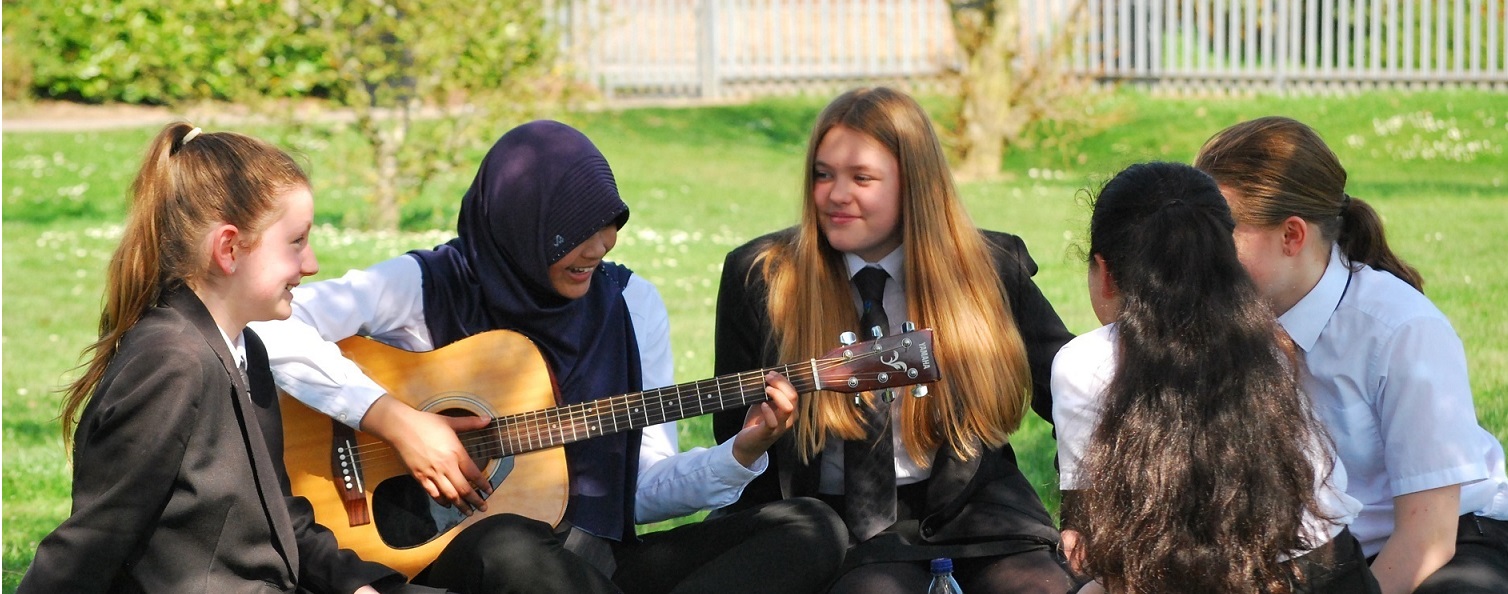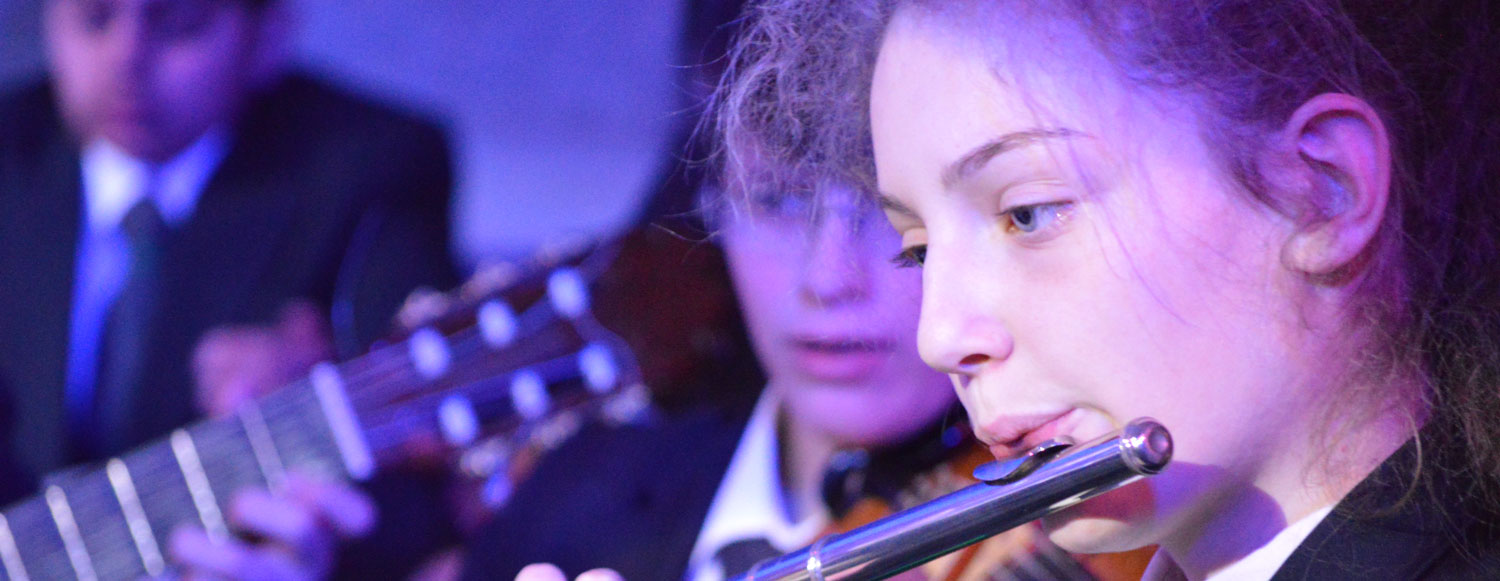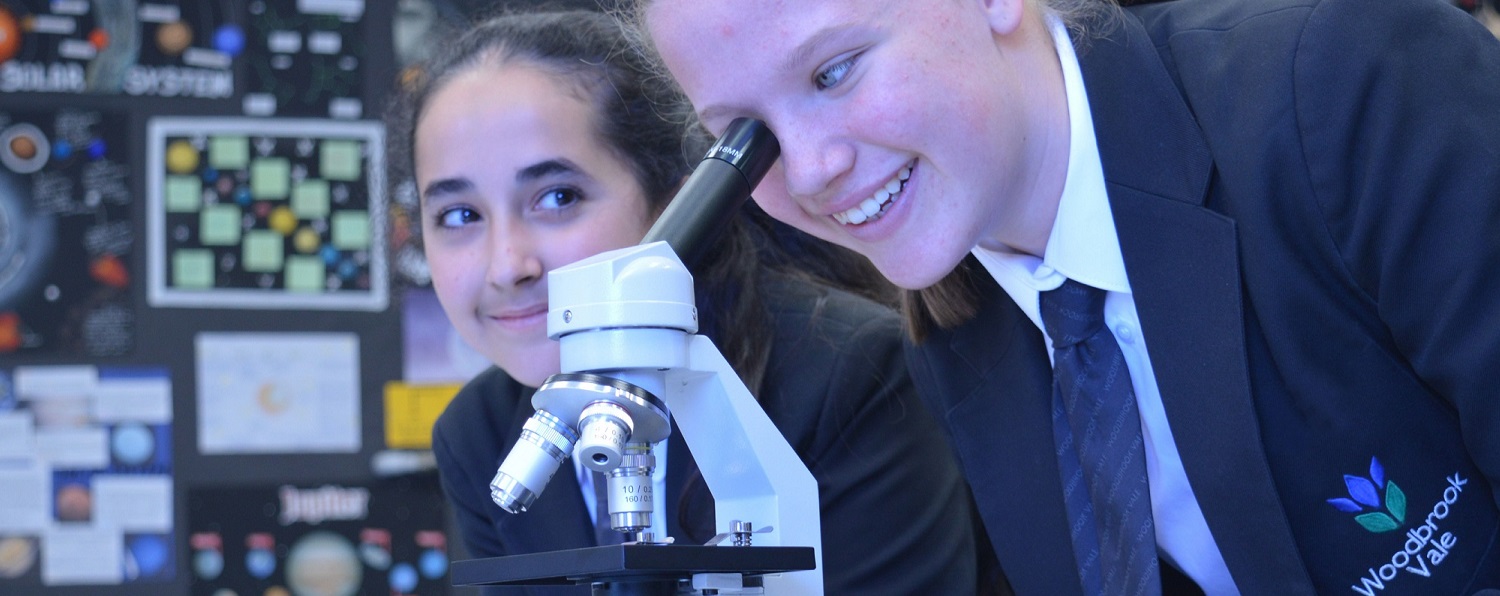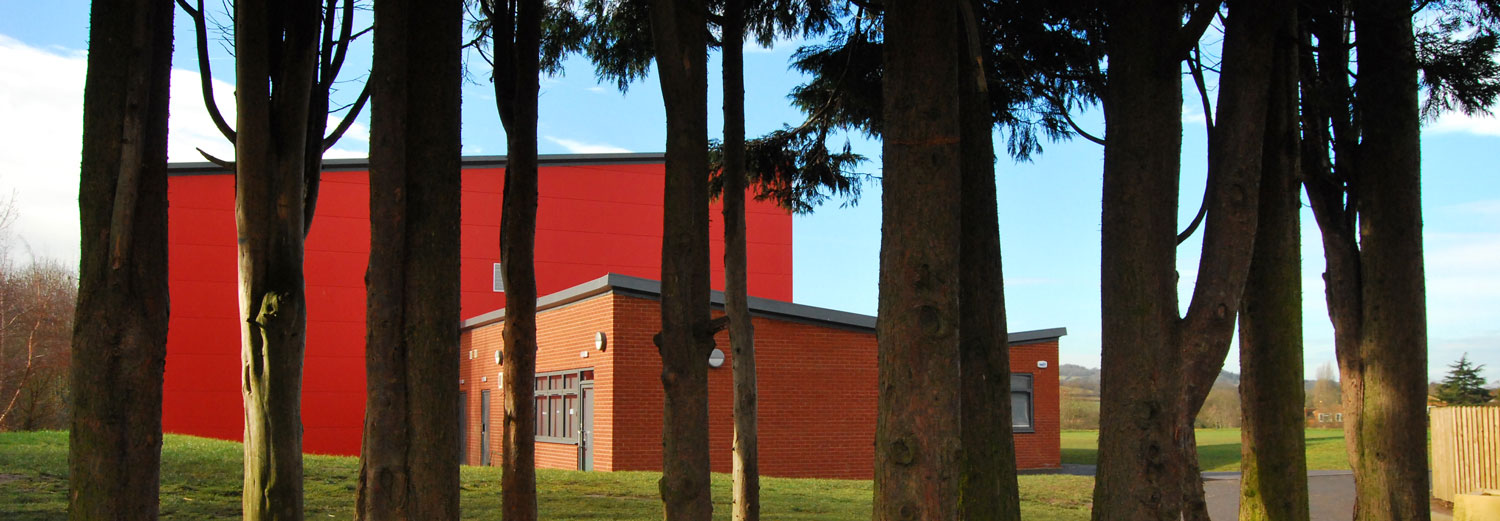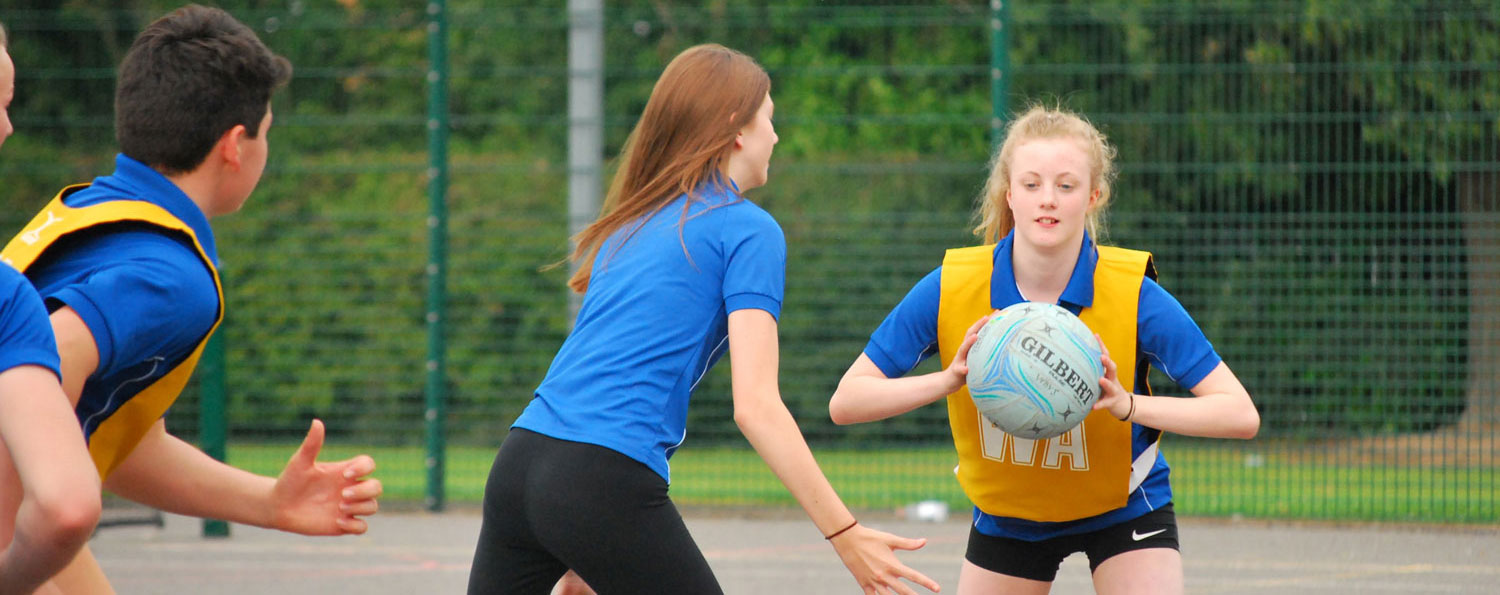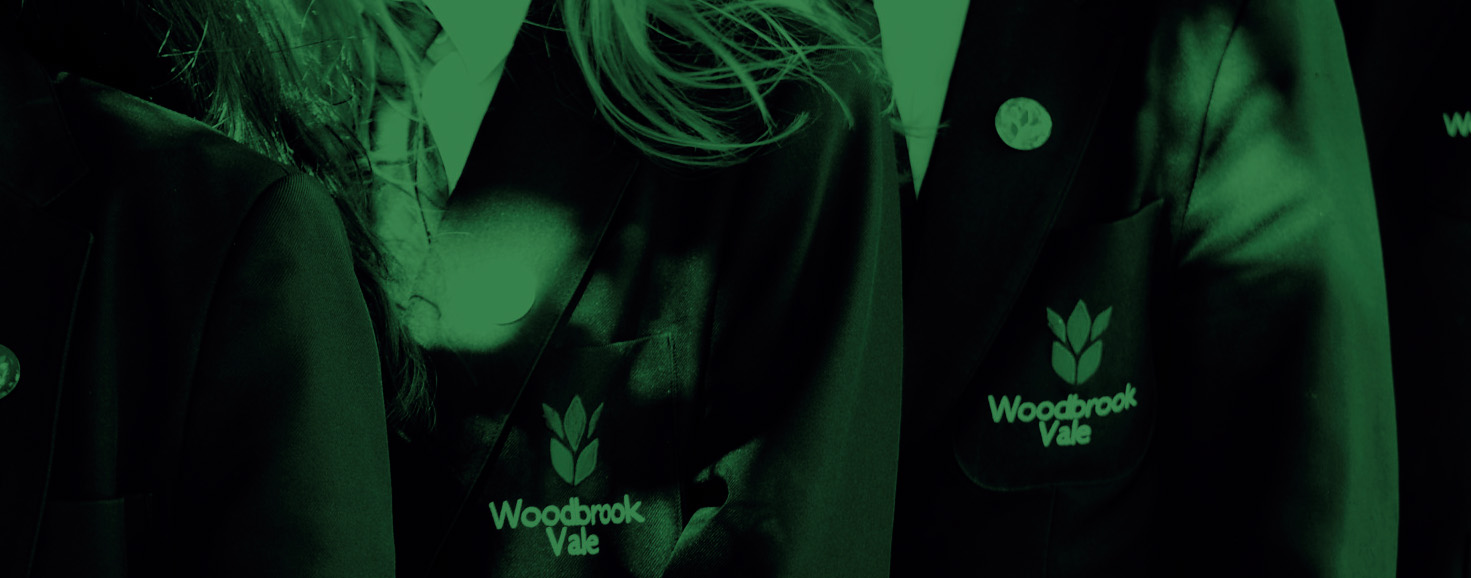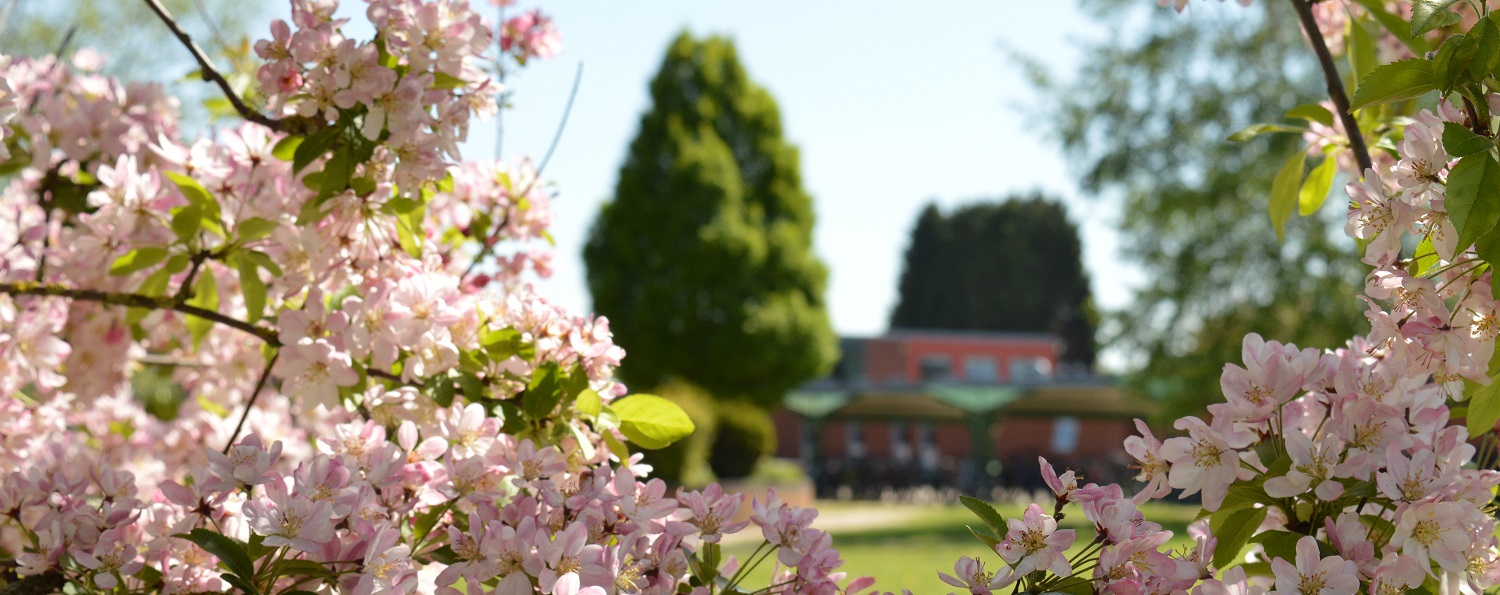English
Key Stage 3
In English you will learn how to improve your reading and writing by taking part in many different activities. These activities will range from group work, presentations, project work, reading aloud, debates, individual written work and private reading. You will spend time learning how to improve your confidence when speaking and listening.
You will read a range of stories, novels, plays and poetry, including Shakespeare, Charles Dickens and many modern authors such as Robert Swindells and Malorie Blackman. You will have the opportunity to develop your own creative writing and even write and perform your own pieces of drama.
We will encourage you to think for yourself and become an independent learner, have confidence in your own ideas and share them with those around you.
We aim to offer extra-curricular activities for you to enjoy. These include theatre visits, workshops, visiting authors, public speaking competitions and activity days.
GCSE
The English course consists of both English Language and English Literature, taught in parallel through Years 10 and 11, building on the knowledge, skills and understanding acquired throughout Key Stage 3.
Within English Language pupils will enjoy the study of creative writing, extended reading and spoken language, studying Shakespeare, poetry and modern classics in English Literature.
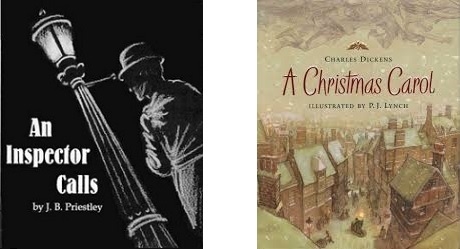
Summary of the topics you will cover:
English Language
- Understanding, reading and enjoying non-fiction texts and composing your own written non-fiction
- Speaking and Listening assignment
- Extended reading and creative writing
English Literature
- An exploration of modern texts including modern prose or drama and exploring cultures
- Poetry across time
- The significance of Shakespeare and the English Literary Heritage
Teaching Strategies
You'll be exposed to a range of fiction and non-fiction novels and extracts including poetry, short-stories and speeches. Drama will also be used to embed some themes, certainly when studying Shakespeare. Work is varied and may include theatre visits in order to aid your learning.
Assessment
All candidates will study a linear course for both English Language and English Literature.
English Language is 100% examination, organised into two units:
- Fiction and Imaginative Writing (worth 40% of your marks when combined)
- Non-fiction and Transactional Writing (worth 60% of your marks when combined)
English Literature is also 100% examination, organised into town units:
- The 19th-century Novel and Poetry since 1789 (worth 50% of your total GCSE marks)
- Shakespeare and Post-1914 British Literature (worth 50% of your overall marks when combined)
Beyond GCSE
A GCSE in English is required by most colleges for further study in A-Levels and vocational courses. GCSEs in English and Literature also open doors to careers in journalism, television and media, communications, teaching and many others.
Find out More
Your English teacher will be happy to talk to you in little more detail about the GCSE English Language and Literature courses.

